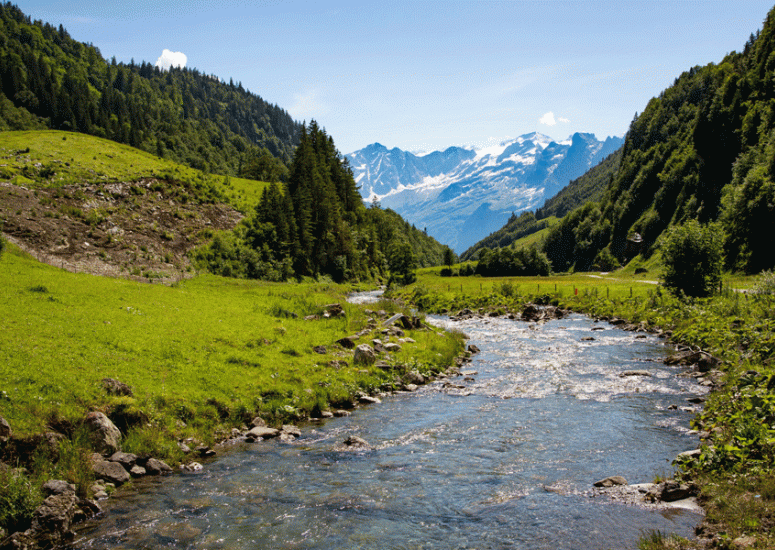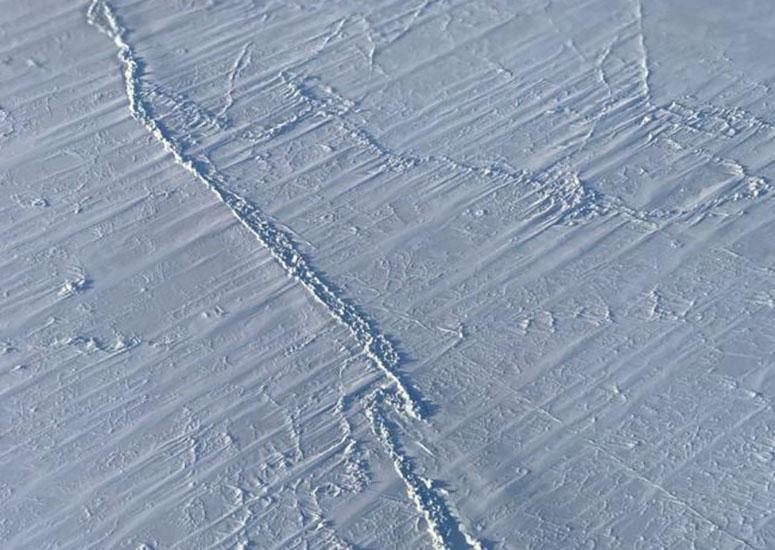-
Major project to bring together Indigenous knowledge-holders with university-trained scientists
Haskell Indian Nations University has received $20 million in funding from the U.S. National Science Foundation (NSF) to lead a new research hub where Indigenous knowledge-holders will work with university-trained scientists to address the impacts of a changing climate on their coastal communities. NCAR is a collaborator in the hub.
- Climate
-
UCAR to become new home for Consortium for Ocean Leadership’s programs
The University Corporation for Atmospheric Research (UCAR) will become the new home for programs run by the Consortium for Ocean Leadership (COL), which is set to dissolve at the end of September. The transition marks an historic partnership between the oceanic and atmospheric science communities and will help researchers advance the study of Earth as an interconnected system.
- Organization
-

Research aircraft to investigate monsoon-climate connections
The Asian Summer Monsoon Chemical and CLimate Impact Project (ACCLIP) will allow a team of international scientists to study how the Asian summer monsoon — one of the largest and most important meteorological patterns in the world — affects atmospheric chemistry and global climate.
- Air Quality,
- Climate
-

Water resources to become less predictable with climate change
Water resources will fluctuate increasingly and become more difficult to predict in snow-dominated regions across the Northern Hemisphere, new research shows.
- Climate,
- Water
-

New study focuses on the impact of nuclear war on the oceans
New research finds that nuclear war would devastate the ocean, causing a steep drop in water temperature, collapsing the marine food web, and spurring significant growth of Arctic sea ice.
- Climate
